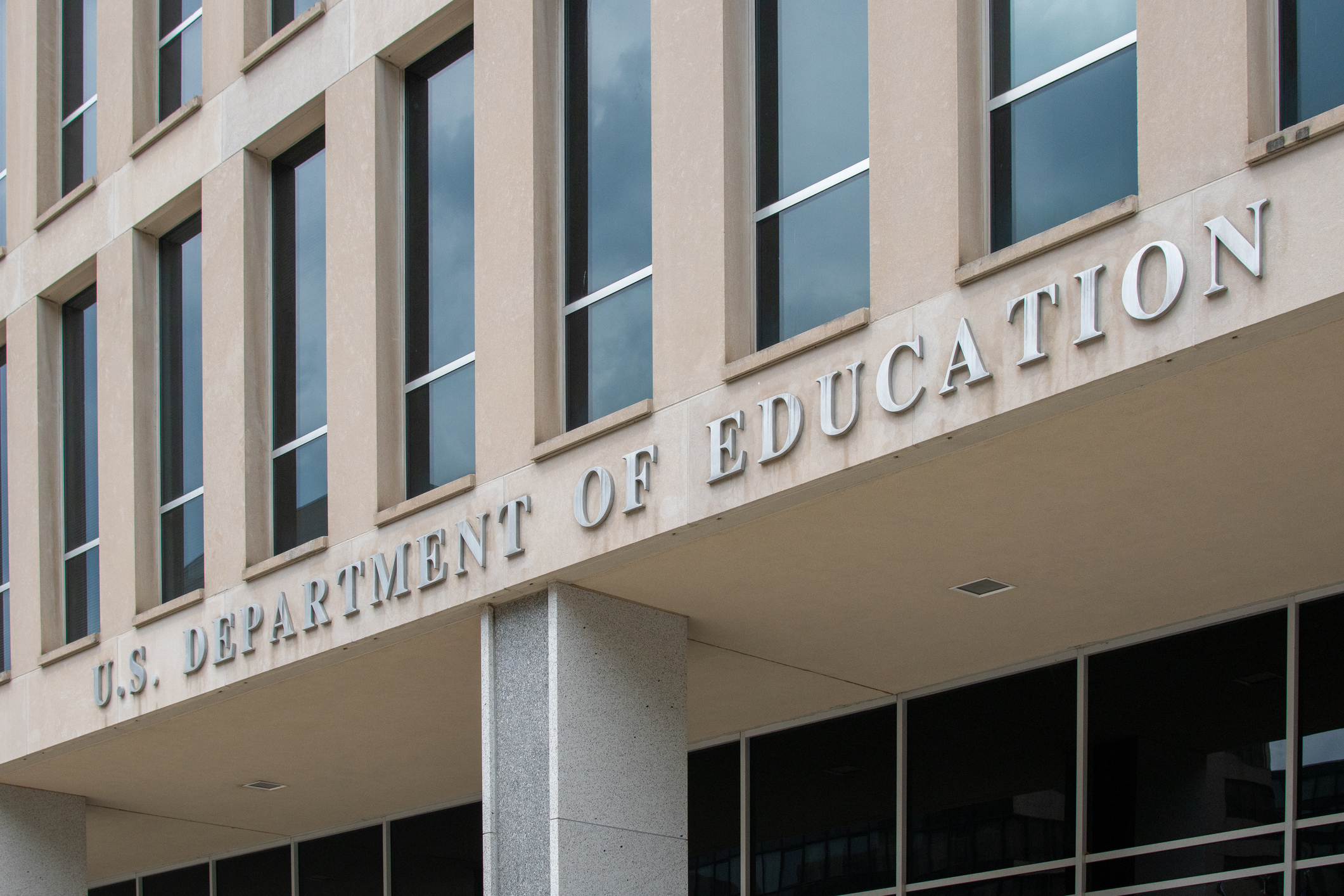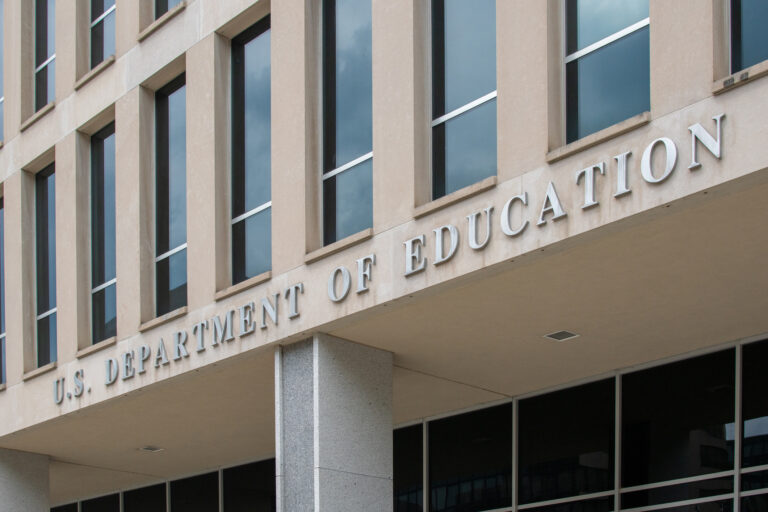
It’s no secret that President-elect Donald Trump and the Republican Party want to dismantle the U.S. Department of Education (DOE). President Trump has promised to shut down the DOE and return education administration to the states. In Mr. Trump’s view, the federal government should not play a large role, if any at all, in education, as states better educate their own children.
The US Constitution does not say much about education, which is already primarily a role for local governments. The federal Department of Energy’s role is to collect data, oversee special education, protect civil rights, and distribute funds. In total, K-12 schools receive approximately $28 billion annually from Title 1 and IDEA programs, $30 billion annually to low-income college students through Pell Grants, and $1.6 trillion annually to students through student loans. paid.
It is important to note that the DOE does not tell schools or teachers what to do. But federal programs and incentives, like the Obama administration’s Race to the Top initiative, are trickling down and influencing what schools and districts focus on.
So what does dismantling the DOE mean for schools and teachers?
title 1
Title 1 funds are distributed to schools that serve a large number of students living in poverty. The goal is to equalize per-pupil spending between high-income and low-income districts. Overall, only about 10% of school funding comes from the federal government, so eliminating or reallocating Title 1 funds will have varying effects on different school districts.
Without Title 1 funding, school districts that rely heavily on federal funding would have to make different choices than districts that rely primarily on local funding. Of course, it remains to be seen whether disbanding the DOE will send Title 1 funds directly to states or whether those funds will be redirected to other initiatives.
special education
DOE has an important role in ensuring that students with disabilities receive the supports they need by enforcing the Individuals with Disabilities Education Act (IDEA). If IDEA were transferred to the states or the DOE failed to enforce the law, the states would not be held liable. Students with disabilities may not receive what they need. School districts and schools may withhold services or fail to meet their obligations, and the quality of services for students with disabilities will vary widely from state to state.
Additionally, DOE will provide guidance and support as schools implement IDEA. Therefore, disbanding the DOE could cut funding for special education and put schools in a bind. States with more local funding may be able to maintain standards, while states with less funding may cut services, leaving students and families without support.
Finally, the DOE is the federal advocate for students and families who need to challenge schools if they are not receiving appropriate services. If the DOE were to be dissolved, it would be even more difficult for parents to advocate for their children. This means that over time, decades of progress in improving educational outcomes for students with disabilities may be diminished or lost.
civil rights
The DOE also has an Office of Civil Rights, which oversees and resolves discrimination violations based on sex, race, religion, or disability status. If the DOE is disbanded, support and advocacy for LGBTQ+, students with disabilities, and students of various races and ethnicities will vary from state to state. President Trump has been vocal about eliminating protections for transgender students. College students who experience anti-Semitism, anti-Arab discrimination, or other forms of discrimination are also likely to have no protection without the Office of Civil Rights.
school selection
Trump and the Republican Party have long advocated using vouchers, private school scholarships and education savings accounts to increase school choice. Critics, including lawmakers in “red” states, say these measures shift funding away from public schools at a time when they should be strengthening and improving. Even if the DOE is abolished and states are given control over school choice efforts, school choice efforts may still remain on the ballot. Each state will vote on what kind of initiatives they want in their state. But that may not necessarily mean leaving public schools.
education data
DOE collects education data such as the National Assessment of Educational Progress (NAEP), which monitors student performance in reading, math, and science. The department also monitors data related to special education students, student demographics, graduation rates, and more. Repealing the DOE will change the type of data collected and how it is monitored. Data helps legislators focus on important educational outcomes, including ensuring all students are successful and schools are addressing achievement gaps. Without DOE collecting and disseminating this type of information, it is unclear whether these goals will be achieved.
higher education
When it comes to higher education, the Trump administration’s main goal appears to be eliminating programs that provide scholarships and financial aid to students from diverse backgrounds. Eliminating the DOE would give states the authority and ability to eliminate these programs, potentially reversing the progress made in equity in higher education.
Who will be in charge of the DOE?
Wikipedia/Linda McMahon official portrait (via wikipedia.org)
President-elect Trump has nominated Linda McMahon to lead the DOE. She previously led the Small Business Administration and is perhaps best known as the co-founder and CEO of World Wrestling Entertainment (WWE). During her time with WWE, she was named in a lawsuit accusing WWE of allowing ringside announcers to sexually abuse young boys. As Secretary of Education, McMahon’s duties include adjusting Title IX’s definition to no longer include sexual orientation or gender identity, increasing parent voice and school choice, and even abolishing the department entirely. will be included.
Could President Trump even shut down the Department of Energy?
To shut down the DOE, Mr. Trump would need consent from Congress, which could be difficult. Specifically, a supermajority of 60 votes is required in the Senate. All legislators receive funding through the DOE program, with “red” states getting the lion’s share. Therefore, legislators may not want to risk funds that directly impact their constituents.
The DOE is also a department that could help the Trump administration carry out other campaign promises. They say they want to hold universities accountable, cut back on DEI efforts and roll back Title IX protections for transgender students. But that would require the Department of Energy. Therefore, it may be Donald Trump’s duty to maintain the DOE and use it to enforce other policies.


